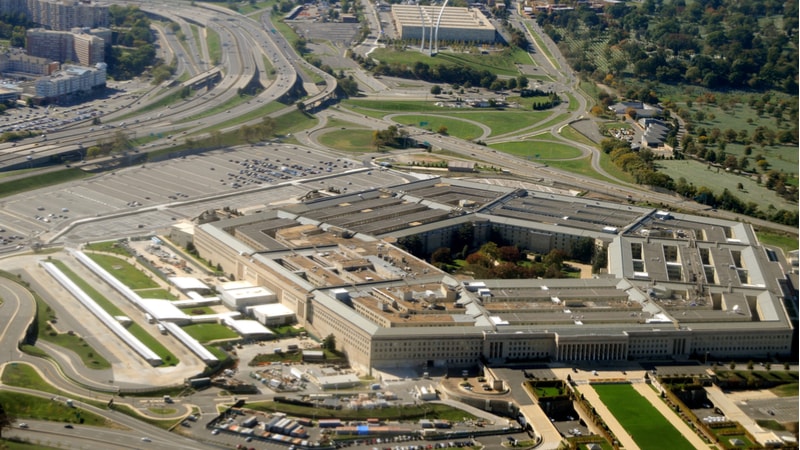
The 2022 National Defense Strategy identifies China as the most comprehensive and serious challenge to U.S. national security and the Department of Defense’s (DoD) current pacing challenge, according to DoD Deputy Defense Secretary Kathleen Hicks.
During an address to the 2022 Aspen Security Forum on Dec. 8, Hicks explained that to address this pacing challenge, DoD must assess China’s long-term aims and impacts, and what they would mean to U.S. interests.
This, Hicks said, “is the centerpiece of what I work on every day.” That work, she added, involves pushing for investments in forward, combat-credible capabilities to the warfighter as fast as possible – despite the measured pace of bureaucracy – to deter aggression from China.
For example, DoD has worked hard “to indicate the national security interest in having a reliable microelectronics supply chain,” Hicks said.
According to Hicks, DoD will play a particularly important role in implementing the CHIPS and Science Act – which was signed into law by President Biden in August 2022 to provide billions in funding to boost domestic research and manufacturing of semiconductors in the United States.
“The DoD will also continue to make investments in securing the supply chains in other key areas. And we are very much invested in procurement and research and development dollars here in the U.S.,” Hicks said.
In addition to investments in current and future capabilities, Hicks explained that DoD is aligning more closely with allies and partners. Specifically, the DoD is “beefing up [its] defense industrial base, which will be critical for support to Taiwan, and U.S. allies and partners in the region,” she said.
The Pentagon is building partnerships by drawing on all its tools, including mil-to-mil engagement, security cooperation, exercises, diplomacy, and force posture. “All of these things are tools that we will use to counter the influence of strategic competitors where we have mutual interests with our partners,” she explained.
Hicks also explained that the DoD plans to compete in a responsible manner on the world stage particularly in advancing innovative capabilities – something China has not done, she maintained.
